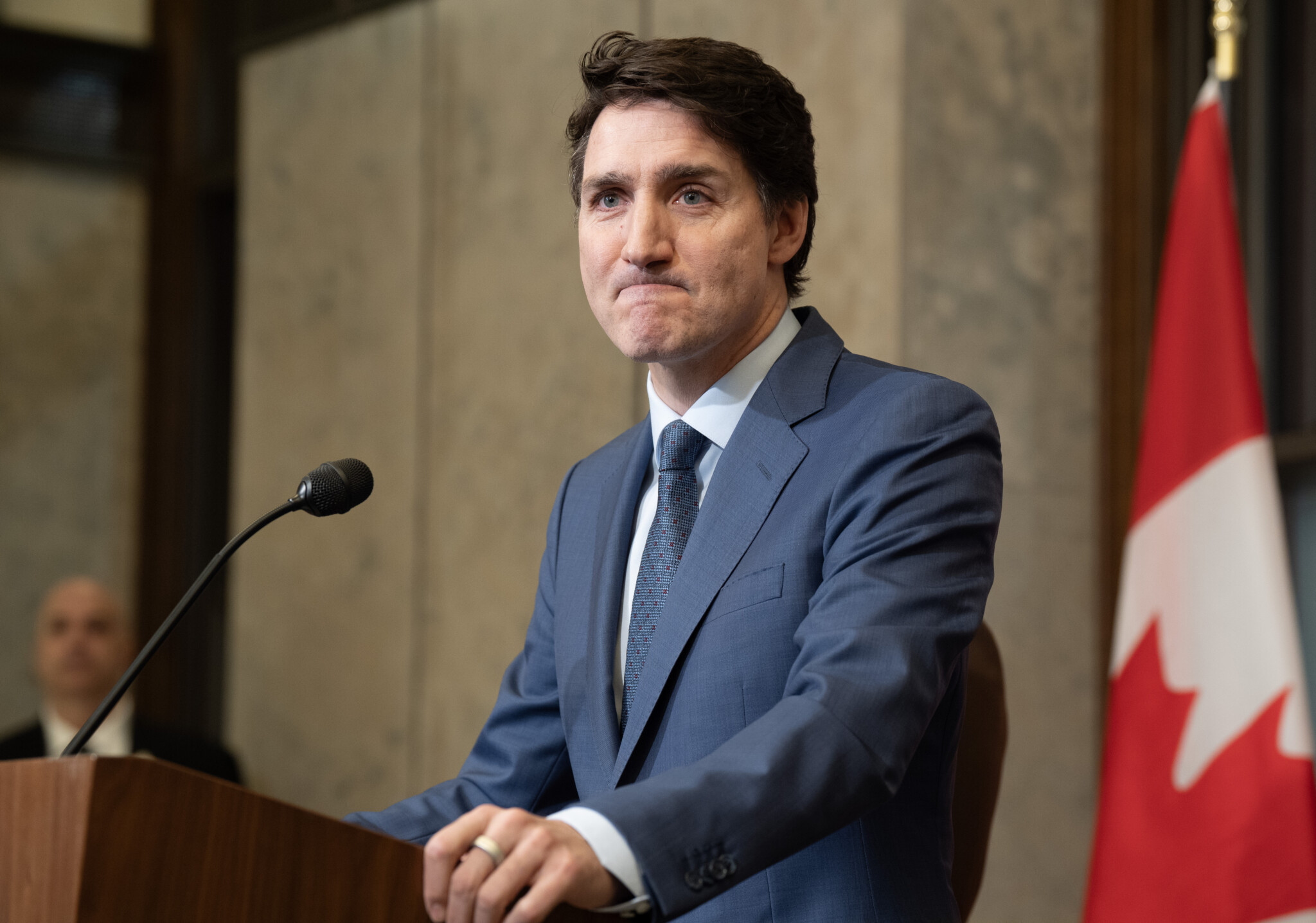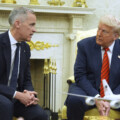In The Weekly Wrap, Sean Speer, our editor-at-large, analyses for Hub subscribers the big stories shaping politics, policy, and the economy in the week that was.
The costly consequences of Trudeau’s “inflate the state” governance
This week’s reports that the Carney government has launched a government-wide review of program spending in order to generate up to 15 percent in fiscal savings actually finds its origins in the 2015 election campaign.
Over its time in office, the previous Harper government had reduced revenues as a share of GDP to its lowest levels in decades. In the context of a then-political consensus in favour of balanced budgets, there was a sense that this represented a hard constraint on future governments’ spending ambitions.
During the 2015 campaign, the Liberal Party, under leader Justin Trudeau, rejected that premise. It didn’t litigate the Harper-era tax cuts, with some minor exceptions. It instead wrestled itself out of the revenue constraint by committing to deficit spending. The Liberals weren’t self-conscious about it either. They turned their promise to run deficits into a political virtue. And it worked. Canadians were happy to vote for a party that offered a free lunch.
In hindsight, though, the Trudeau government’s acceptance of deficit-financed spending was more than a clever electoral strategy. It became a public finance strategy to grow program spending faster than revenues and create a structural deficit that would eventually necessitate tax increases to catch up.
Progressives often characterize conservative tax cutting as an effort to “starve the beast.” The notion is that right-wing governments cut taxes to such levels that spending reductions become required to bring expenditures into balance with a new and lower revenue baseline. The claim is that this precludes conservatives from having to lead with unpopular spending cuts and instead has them create the fiscal conditions to make such cuts eventually necessary.









